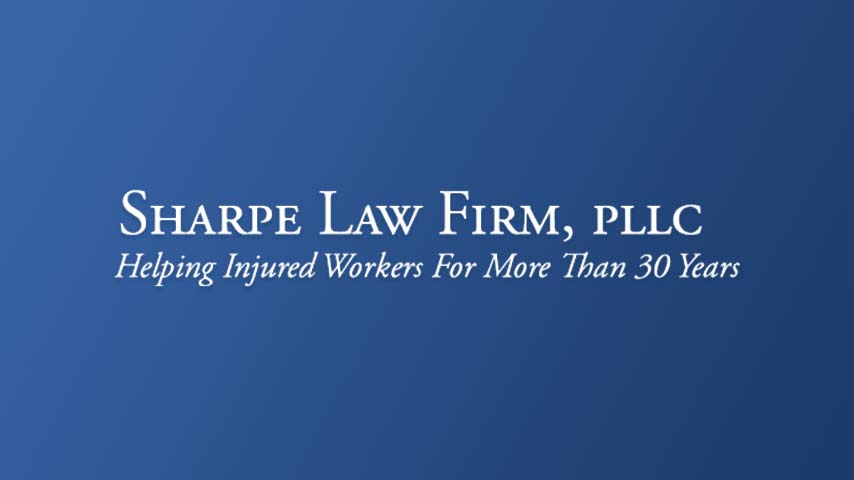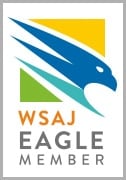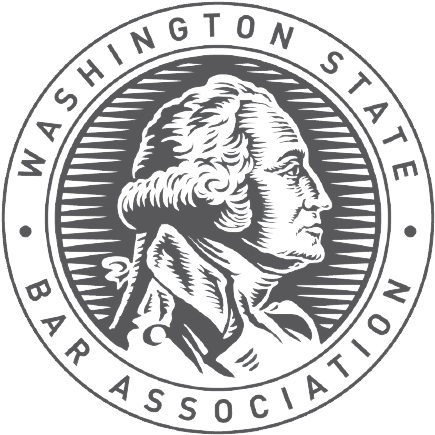Washington State Regulates Insurance Companies.
The Office of the Insurance Commissioner (OIC) is the Washington State agency in charge of protecting insurance consumers and overseeing the insurance industry.
They do a good job regulating insurance. They encourage the insurance industry to be fair and they insist the the insurance industry follow the rules.
Insurance Companies Must Follow the Insurance Fair Conduct Act (IFCA) Rules
The Office of the Insurance Commissioner (OIC) makes sure that insurance companies follow the rules. They do this through extensive regulation called the Insurance Fair Conduct Act (IFCA). This IFCA regulation can be found at RCW 48.02 and WAC 284.
It is a violation of the law for a Washington State insurance company to unreasonably deny your insurance claim or fail to conduct a responsible investigation. It is a violation of the law for an insurance company to engage in unfair claims settlement practices. You have legal rights and the insurance Commissioner will help you enforce them.
- You can request OIC help
- You can seek treble damages in court and payment of your attorney fees for violations of IFCA.
What can the Office of the Insurance Commissioner do to Help Me?
The Office of the Insurance Commissioner take seriously their job as regulators. Sign and file a complaint form and their consumer advocacy team will investigate. They have the authority to contact your insurance company. The insurance company then has a limited time to respond. The OIC has a good reputation for getting results.
For detailed information on what OIC can and cannot do see: Powers of the OIC.
The Insurance Commissioner Helps People Who Buy Insurance in Washington State
The OIC makes sure that purchasers of insurance in Washington State get the coverage they paid for. The OIC advocates for consumers both in house and with an extensive network of volunteers who advise on health coverage matters.
The OIC will investigate your complaint against your insurance company. The OIC has the power to require your insurance company to explain what it has or has not done. It can look and see if your company has followed the rules. The OIC has the power to suspend or revoke insurance licenses or to levy fines. They however usually cannot get your money refunded.
What are Insurance Companies Required to Do?
Insurance companies are required to act in good faith and perform a reasonable investigation of your claim. They need to pay attention to and follow up on information favorable to your claim. They need to follow up on all your losses and do so in a timely manner. They need to do more than collect money and eventually pay claims. They need to promptly investigate and reasonably settle your claim. See IFCA law for details.
Here is the IFCA Law
RCW 48.30.010 (1) No person engaged in the business of insurance shall engage in unfair methods of competition or in unfair or deceptive acts or practices in the conduct of such business as such methods, acts, or practices are defined pursuant to subsection (2) of this section.
WAC 284-30-330 Specific unfair claims settlement practices defined.
The following are hereby defined as unfair methods of competition and unfair or deceptive acts or practices of the insurer in the business of insurance, specifically applicable to the settlement of claims:
(1) Misrepresenting pertinent facts or insurance policy provisions.
(2) Failing to acknowledge and act reasonably promptly upon communications with respect to claims arising under insurance policies.
(3) Failing to adopt and implement reasonable standards for the prompt investigation of claims arising under insurance policies.
(4) Refusing to pay claims without conducting a reasonable investigation.
(5) Failing to affirm or deny coverage of claims within a reasonable time after fully completed proof of loss documentation has been submitted.
(6) Not attempting in good faith to effectuate prompt, fair and equitable settlements of claims in which liability has become reasonably clear. In particular, this includes an obligation to promptly pay property damage claims to innocent third parties in clear liability situations. If two or more insurers share liability, they should arrange to make appropriate payment, leaving to themselves the burden of apportioning liability.
(7) Compelling a first party claimant to initiate or submit to litigation, arbitration, or appraisal to recover amounts due under an insurance policy by offering substantially less than the amounts ultimately recovered in such actions or proceedings.
(8) Attempting to settle a claim for less than the amount to which a reasonable person would have believed he or she was entitled by reference to written or printed advertising material accompanying or made part of an application.
(9) Making a claim payment to a first party claimant or beneficiary not accompanied by a statement setting forth the coverage under which the payment is made.
(10) Asserting to a first party claimant a policy of appealing arbitration awards in favor of insureds or first party claimants for the purpose of compelling them to accept settlements or compromises less than the amount awarded in arbitration.
(11) Delaying the investigation or payment of claims by requiring a first party claimant or his or her physician to submit a preliminary claim report and then requiring subsequent submissions which contain substantially the same information.
(12) Failing to promptly settle claims, where liability has become reasonably clear, under one portion of the insurance policy coverage in order to influence settlements under other portions of the insurance policy coverage.
(13) Failing to promptly provide a reasonable explanation of the basis in the insurance policy in relation to the facts or applicable law for denial of a claim or for the offer of a compromise settlement.
(14) Unfairly discriminating against claimants because they are represented by a public adjuster.
(15) Failing to expeditiously honor drafts given in settlement of claims. A failure to honor a draft within three working days after notice of receipt by the payor bank will constitute a violation of this provision. Dishonor of a draft for valid reasons related to the settlement of the claim will not constitute a violation of this provision.
(16) Failing to adopt and implement reasonable standards for the processing and payment of claims after the obligation to pay has been established. Except as to those instances where the time for payment is governed by statute or rule or is set forth in an applicable contract, procedures which are not designed to deliver payment, whether by check, draft, electronic funds transfer, prepaid card, or other method of electronic payment to the payee in payment of a settled claim within fifteen business days after receipt by the insurer or its attorney of properly executed releases or other settlement documents are not acceptable. Where the insurer is obligated to furnish an appropriate release or settlement document to a claimant, it must do so within twenty working days after a settlement has been reached.
(17) Delaying appraisals or adding to their cost under insurance policy appraisal provisions through the use of appraisers from outside of the loss area. The use of appraisers from outside the loss area is appropriate only where the unique nature of the loss or a lack of competent local appraisers make the use of out-of-area appraisers necessary.
(18) Failing to make a good faith effort to settle a claim before exercising a contract right to an appraisal.
(19) Negotiating or settling a claim directly with any claimant known to be represented by an attorney without the attorney’s knowledge and consent. This does not prohibit routine inquiries to a first party claimant to identify the claimant or to obtain details concerning the claim.
Which Insurance Companies are Subject to OIC Regulations?
- Insurance Companies that issue policies in Washington State are subject to IFCA law and OIC regulation.
- The insurance company for the policies issued outside of Washington State are not regulated by the OIC or by IFCA
- If you don’t like what the out of state insurance companies are doing, you’ll need to deal with it yourself, consult a lawyer, or contact that states’ insurance commissioner.
How Do I get Help with my Washington State Insurance Company?
- Contact the consumer advocacy program at the office of the Insurance Commissioner at 206-256-2700 to talk about your IFCA claim or problems with your insurance.
- Contact the Office of the Insurance Commissioner at https://www.insurance.wa.gov/
- Contact Us at the Sharpe Law Firm for further insurance information and a discussion of your legal rights under IFCA.
- If you intend to file a lawsuit, you are required to notify your insurer and the office of the insurance commissioner. Notify OIC by calling an IFCA coordinator for the Insurance Commissioner 360-725-7009. There is also online information on how to file a 20-day notice, etc..: How to file a 20 day notice.
- IFCA law will not help with insurance policies issued in another state. Out of state insurance policies are not regulated by the Washington State OIC. If your policy was issued in another state, contact that states insurance department, or the National Association of Insurance Commissioners
- Call the Insurance Consumer Hotline 800-562-6900
- File a complaint and learn about the complaint process. File a complaint










